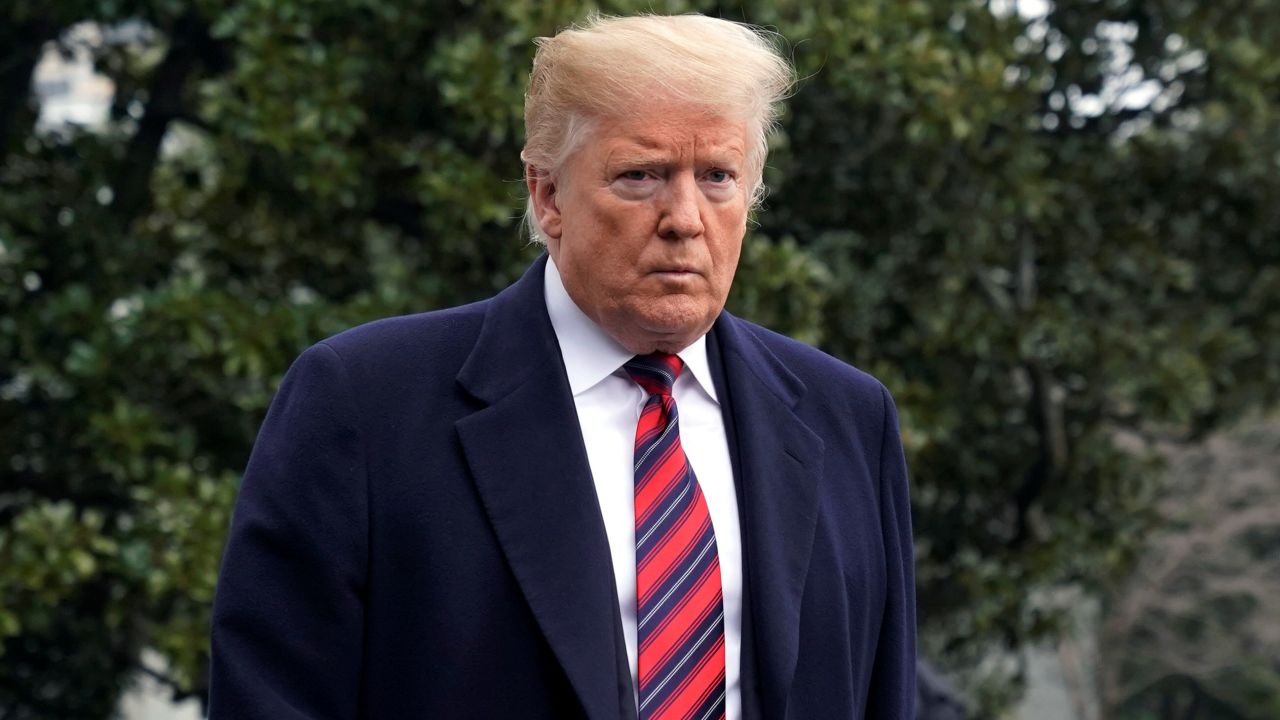Double Standards In Sanctions? Examining The UK And Australia's Approach To Myanmar

Table of Contents
UK's Myanmar Sanctions Regime: A Focus on Individuals and Entities
The UK's Myanmar sanctions regime primarily focuses on targeted sanctions against specific individuals and entities. This approach aims to exert pressure on the military leadership and those profiting from the coup, while minimizing harm to the civilian population.
Targeted Sanctions:
- Sanctioned Individuals: The UK has sanctioned numerous high-ranking military officials, including Min Aung Hlaing, the head of the Tatmadaw, and other key figures involved in the coup and subsequent human rights abuses. These sanctions are detailed in official government publications, such as those released by the Foreign, Commonwealth & Development Office (FCDO).
- Sanctioned Entities: The sanctions also target businesses and companies linked to the military, including those involved in the extraction of natural resources like jade and timber, which are major sources of revenue for the junta. Specific examples can be found in the FCDO's official announcements.
- Types of Sanctions: The UK utilizes a range of sanctions, including asset freezes, travel bans, and restrictions on financial transactions. These measures aim to cripple the junta's financial capabilities and limit their access to international markets.
Limitations of the UK Approach:
Despite the targeted nature of the UK's Myanmar sanctions, several limitations exist:
- Effectiveness: While the sanctions aim to restrict access to international finance, evidence suggests that the junta continues to find ways to circumvent these restrictions. The lack of complete transparency in the financial dealings of the military makes assessment of the impact difficult.
- Loopholes: The complexity of global financial networks creates opportunities for the junta to utilize shell companies and other methods to conceal their assets and transactions, weakening the impact of the Myanmar sanctions.
- Criticisms: Human rights organizations have criticized the UK's approach for not going far enough, arguing that broader sanctions against key sectors of the Myanmar economy are necessary to effectively pressure the regime. They may also point to a slow pace in adding new entities to the sanction lists.
Australia's Myanmar Sanctions: A Broader Scope?
Australia's approach to Myanmar sanctions differs slightly from the UK's. While also targeting individuals and entities, Australia has arguably adopted a broader scope in its sanctions regime.
Scope of Australian Sanctions:
- Targeted Individuals and Entities: Similar to the UK, Australia has sanctioned numerous individuals linked to the military junta, including senior military leaders and individuals implicated in human rights violations. However, the precise lists may differ slightly.
- Sanction Types: Australia also employs a range of sanctions, including asset freezes, travel bans, and financial restrictions.
- Differences: A key difference may lie in the sectors targeted. While both countries focus on military-linked businesses, further examination is needed to establish whether Australia's approach extends to broader sectors of the Myanmar economy, such as specific industries perceived to disproportionately profit the military regime.
Effectiveness and Consistency of Australian Sanctions:
The effectiveness of Australia's Myanmar sanctions remains a subject of ongoing debate.
- Impact on the Junta: Assessing the impact of sanctions is challenging, requiring detailed research and analysis of financial flows and economic activity within Myanmar.
- Unintended Consequences: Any sanctions regime risks unintended consequences, potentially impacting the civilian population. It's crucial to examine if the Australian approach minimizes these negative side effects.
- Comparison with UK Sanctions: A comparative study is needed to conclusively determine whether Australia's broader approach (if it exists) results in a significantly greater impact on the Myanmar military compared to the UK's more targeted sanctions.
Comparing and Contrasting UK and Australian Approaches: Evidence of Double Standards?
Direct comparison reveals both similarities and differences in the UK and Australian approaches to Myanmar sanctions.
Analysis of Differences:
- Targeted vs. Broader Scope: The most significant difference lies in the potential breadth of sanctions applied. Further research comparing sanction lists and targeted sectors is crucial to determine the true extent of this difference.
- Political and Economic Considerations: Differences might stem from varying political priorities and economic interests. For example, the presence or absence of significant Australian or UK investments in certain Myanmar sectors could influence the scope of their respective sanctions.
- Double Standard?: Whether these differences constitute a “double standard” is a complex question, requiring careful analysis of the political context, economic factors, and the overall impact of the respective approaches on the Myanmar junta.
The Role of International Pressure and Coordination:
International pressure and coordination play a vital role in shaping both countries' sanctions regimes.
- UN Influence: The influence of the UN and other international bodies in pushing for stronger and more coordinated Myanmar sanctions is crucial.
- Cooperation between UK and Australia: The level of bilateral cooperation between the UK and Australia in the implementation and enforcement of their sanctions needs to be examined to determine whether better collaboration could enhance their effectiveness.
- Unified Global Strategy: A unified global strategy, incorporating a combination of targeted and broader sanctions, along with other diplomatic and humanitarian efforts, would likely be more effective in bringing about meaningful change in Myanmar.
Conclusion: Are There Double Standards in Myanmar Sanctions?
This analysis highlights both similarities and differences in the UK and Australia's approaches to Myanmar sanctions. While both countries employ targeted measures against individuals and entities linked to the military junta, the potential breadth of Australia's sanctions requires further investigation. The question of whether a double standard exists remains open, demanding more research to thoroughly assess the effectiveness and consistency of these international actions. The potential impact of political considerations and economic interests on sanction strategies also needs further evaluation.
To ensure a more impactful and equitable response to the crisis in Myanmar, greater transparency and coordination among nations implementing Myanmar sanctions are urgently needed. Further research is crucial to understand the effectiveness of current sanctions and develop a more unified global strategy to address the ongoing human rights violations. The ultimate goal should be the development of comprehensive and impactful Myanmar sanctions designed to swiftly and effectively end the violence and restore democracy.

Featured Posts
-
 Trumps Alien Enemies Act Lawsuit Dismissed By Appeals Court
May 13, 2025
Trumps Alien Enemies Act Lawsuit Dismissed By Appeals Court
May 13, 2025 -
 The Unending Ordeal Gaza Hostages And Their Families
May 13, 2025
The Unending Ordeal Gaza Hostages And Their Families
May 13, 2025 -
 Diskriminacia Pri Prenajme 74 A Realita Zivota S Rommi Na Slovensku
May 13, 2025
Diskriminacia Pri Prenajme 74 A Realita Zivota S Rommi Na Slovensku
May 13, 2025 -
 Cubs Rally Behind Happs Game Winning Hit Against Dodgers
May 13, 2025
Cubs Rally Behind Happs Game Winning Hit Against Dodgers
May 13, 2025 -
 Dansk Melodi Grand Prix 2025 Hvem Vinder Afstemningen Er I Gang
May 13, 2025
Dansk Melodi Grand Prix 2025 Hvem Vinder Afstemningen Er I Gang
May 13, 2025
Latest Posts
-
 Can Elsbeth Shut Down Judge Crawford A Season 2 Episode 18 Preview
May 13, 2025
Can Elsbeth Shut Down Judge Crawford A Season 2 Episode 18 Preview
May 13, 2025 -
 Updated Elsbeth Season 2 Previews Episodes 16 And 17 And Season Finale
May 13, 2025
Updated Elsbeth Season 2 Previews Episodes 16 And 17 And Season Finale
May 13, 2025 -
 When Does Elsbeth Season 2 Episode 16 Premiere Explaining The Delay
May 13, 2025
When Does Elsbeth Season 2 Episode 16 Premiere Explaining The Delay
May 13, 2025 -
 Why No New Elsbeth Episode This Week March 20 Season 2 Episode 16 Release Date
May 13, 2025
Why No New Elsbeth Episode This Week March 20 Season 2 Episode 16 Release Date
May 13, 2025 -
 Elsbeth Season 2 Episode 15 I See Murder Preview And Speculation
May 13, 2025
Elsbeth Season 2 Episode 15 I See Murder Preview And Speculation
May 13, 2025
